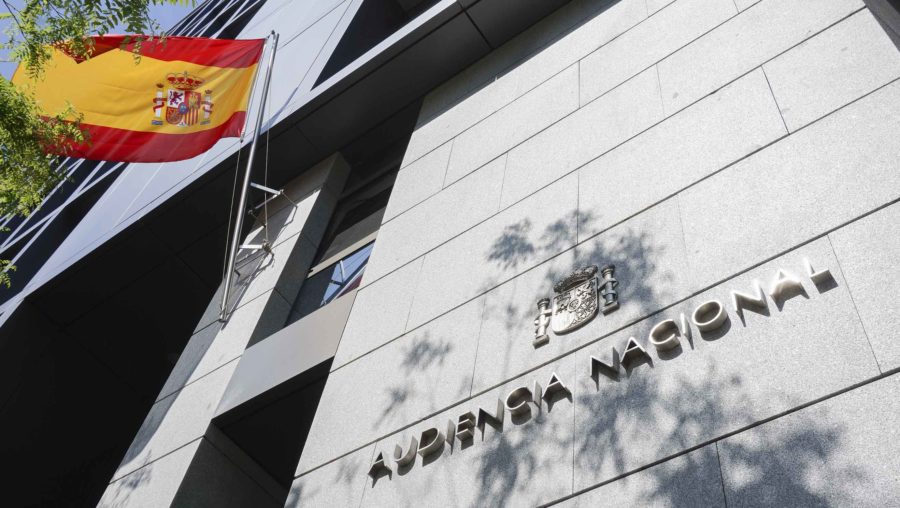02 June 2025 – A Spanish court has ruled that the Ministry of Foreign Affairs, European Union and Cooperation was wrong to refuse Access Info’s request for documents related to Spain’s self-assessment of its implementation of the United Nations Convention against Corruption (UNCAC).
Spain is currently participating in the second cycle of the UNCAC review process. As part of this process, countries must complete a self-assessment questionnaire on how they are complying with the UNCAC. This questionnaire then forms the foundation of a peer review by two other states, culminating in a final review report. In terms of transparency, only the executive summaries of these reports are automatically made public on the UNODC website. While publication of the self-assessment and the full final reports is optional, a growing number of countries are choosing to release these documents.
What we requested: Access Info requested both the first and second-cycle self-assessments from the Ministry of Foreign Affairs, European Union and Cooperation. Partial access was granted to documents from the first cycle; however, the Ministry refused to release those related to the ongoing second cycle.
Reasons for refusal: In refusing access, the Ministry cited confidentiality obligations under the UNCAC itself and under Article 14.1(k) of Spain’s Transparency Law, which states that documents can be withheld to guarantee “confidentiality or secrecy required in decision-making processes.” The Ministry stated that they would be willing to grant access when the examination has been concluded.
Interestingly, this exception to disclosure under Article 14.1(k) goes against international standards for access to information and is not an exception listed in the Council of Europe Convention on Access to Official Documents — a convention which Spain has ratified.
Decision of the Council for Transparency and Good Governance: In 2022, we appealed to Spain’s Council for Transparency and Good Governance (CTBG), which ruled in favour of Access Info. The Council asserted that confidentiality clauses under the UNCAC apply only to the reviewing states — not to the country being reviewed. Rather, the UNCAC encourages transparency, and the Council therefore found insufficient justification for applying the limitation provided for in Article 14.1(k).
Final decision of the Court: The Ministry appealed the decision to the courts, however in March 2025 the National Court upheld the CTBG’s interpretation. The Court states confidentially does not extend to information generated prior to the review process, such as the self-assessment phase.
There is nothing preventing—on the contrary, everything supports—that this self-assessment, which, we repeat, occurs prior to the formal start of the review process, be made available to civil society or individuals and entities outside the public sector. Denying access to the State’s self-assessment is not justified under Article 14.1(k).
Quite the contrary, the terms of the Convention itself (Article 13) and of the Review Mechanism support the need to encourage the active participation of individuals and groups outside the public sector in the fight against corruption. In this, there is a clear public interest, which could outweigh even the invocation of the limitation under Article 14.1(k), in favour of the right to access information.
This judgment sets a crucial precedent for civil society’s right to access information under international anti-corruption frameworks and underscores the importance of transparency in evaluating government performance in fighting corruption.
Next steps: As the Ministry has not appealed the decision, Access Info has contacted the Ministry to request access to the documents.
- See the opinion of the CTBG and the Court judgement here

